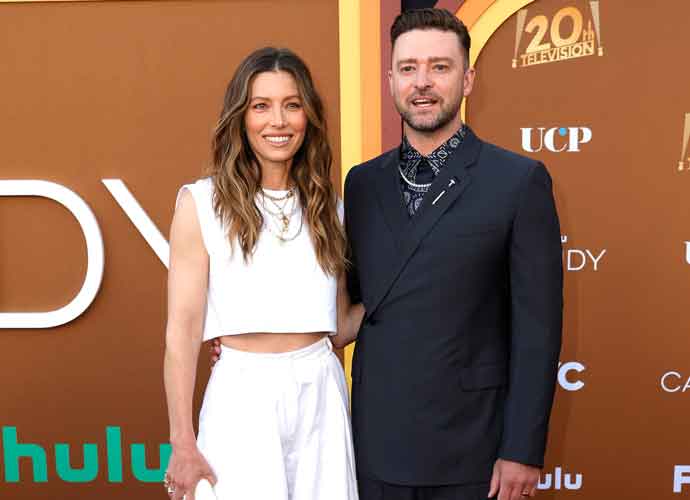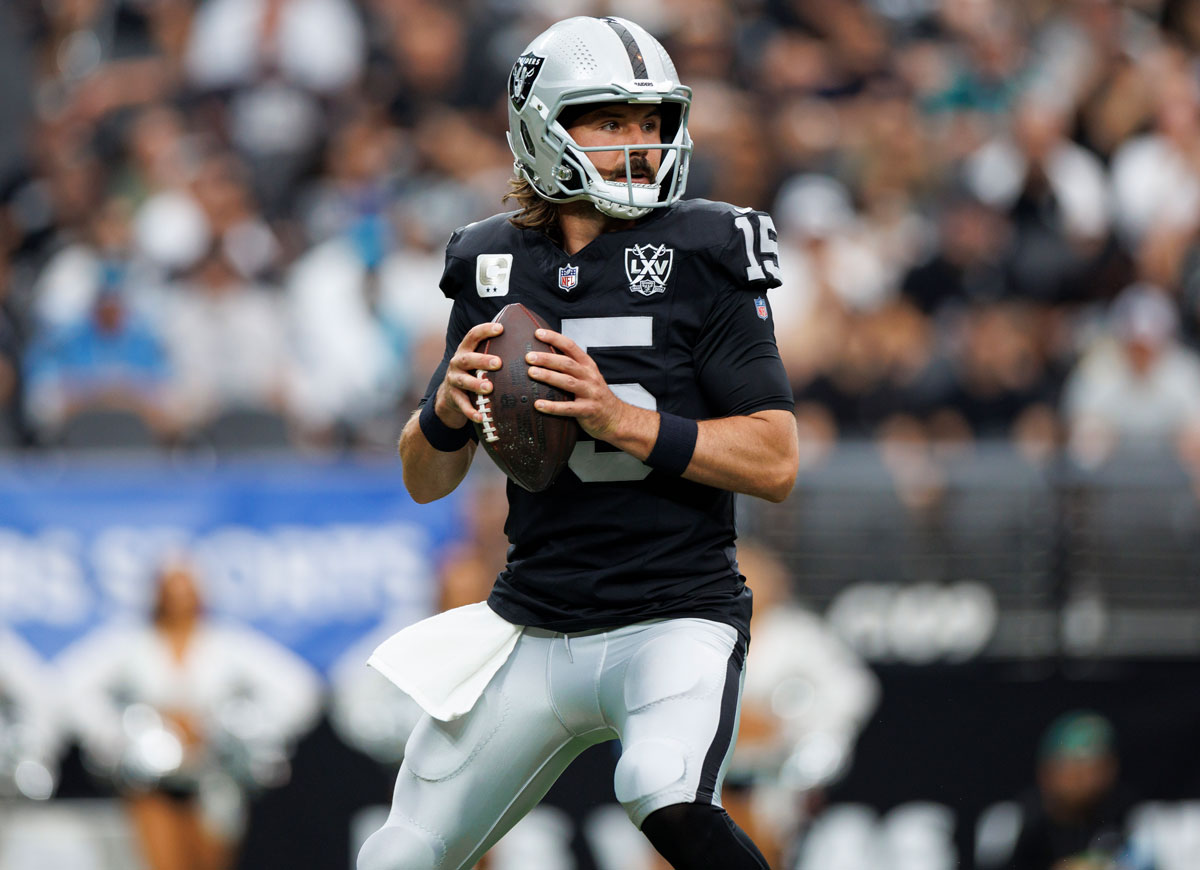'The Social Network': Fact Or Fiction?
The Social Network releases today to a staggering amount of buzz. The David Fincher-directed Aaron Sorkin-written film about the origins of the popular Web site Facebook has already garnered extraordinarily positive reviews from the press, but has left many people wondering: how much of it is really true?
The movie centers on a portrait of real-life Facebook founder and young billionaire Mark Zuckerberg (played by Jesse Eisenberg) but also includes a cast of characters all personally involved in the founding of the social media site and the legal battles that followed. But Sorkin and Fincher did not acquire the rights to create the movie from Facebook, choosing instead to rely on the legal record, as well as a book called The Accidental Billionaires by Ben Mezrich. The book draws heavily on interviews with Eduardo Saverin (played by Andrew Garfield), the ex-best-friend and bitter legal combatant of Zuckerberg.
Though Zuckerberg and others at Facebook had access to the script early on, they declined to do anything about it. Zuckerberg, who recently donated $100 million to the Newark school systems, has called the movie fiction. “Honestly, I wish that when people try to do journalism or write stuff about Facebook that they at least try to get it right,” he said in a recent interview. The company also objected to a scene in the movie that depicts a raucous party where Zuckerberg and Napster founder Sean Parker (played by Justin Timberlake) are offered cocaine off the bare breast of a young woman. The scene ultimately stayed in the film.
Another co-founder concurred with Zuckerberg’s assessment. “It is interesting to see my past rewritten in a way that emphasizes things that didn’t matter and leaves out things that really did,” said Dustin Moscovitz on Quora. “A lot of exciting things happened in 2004, but mostly we just worked a lot and stressed out about things.” But David Kirkpatrick, author of the book The Facebook Effect, told the New York Times that much of the movie was false and that its depiction of Zuckerberg was “horrifically unfair.” He predicted that the company would be forced to take legal action if the movie became a hit.
But not everyone sees the film as purely fiction. Cameron Winklevoss (played by Arnie Hammer), one of the Harvard twins seen in the movie suing Zuckerberg, told Popeater that "The film is nonfiction. I think David Fincher and Aaron Sorkin did a great job getting their facts right." His brother Tyler (also played by Hammer), asked by New York Magazine if the real Zuckerberg was as unlikable as he comes off in the movie, said that it was actually a “generous” picture.
The movie makers are more ambivalent. “This isn’t a documentary. Art isn’t about what happened,” Sorkin said to New York, explaining the need for artistic license. On the other hand, Fincher insisted on making the smallest details as realistic as possible. The two squabbled over a key scene in which Zuckerberg takes a drink while hacking into Harvard's databases. Sorkin wanted him to drink a screwdriver, to more clearly telegraph his intention to get drunk. But working off a real blog post which stated it was a Becks, Fincher pushed for the beer. In the end, audiences will have to decide for themselves how much of the movie is accurate. “It’s not my intention to crucify Mark Zuckerberg,” Fincher said, “Mark Zuckerberg is a guy who accomplished an enormous amount at a very, very young age.” –AMY LEE
RELATED ARTICLES
Get the most-revealing celebrity conversations with the uInterview podcast!








Leave a comment